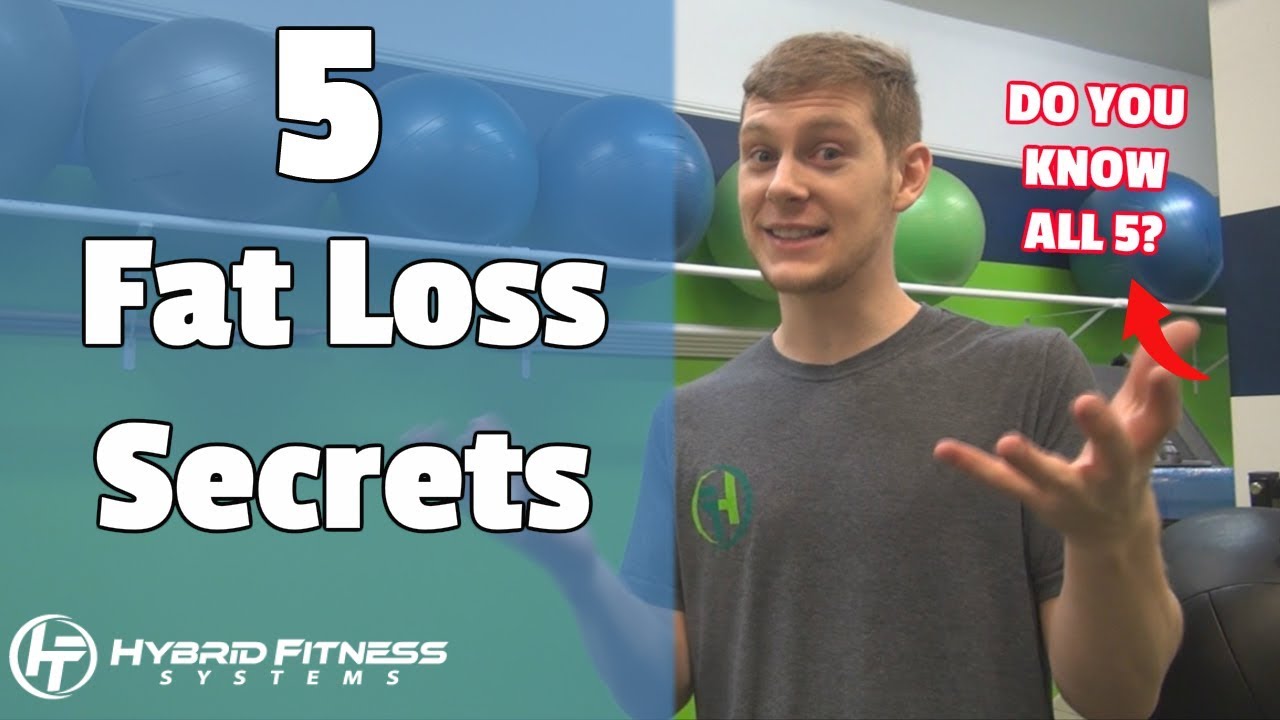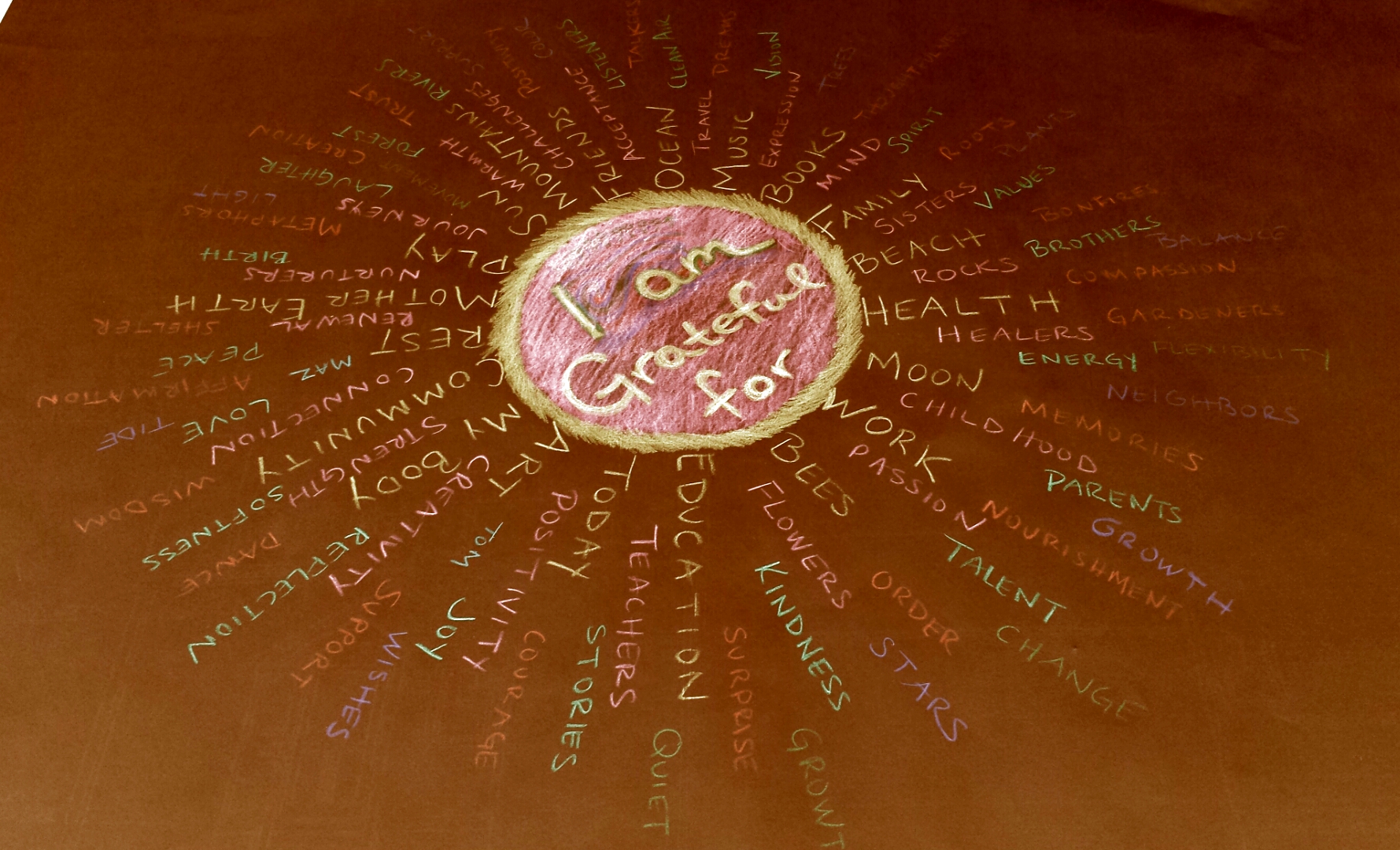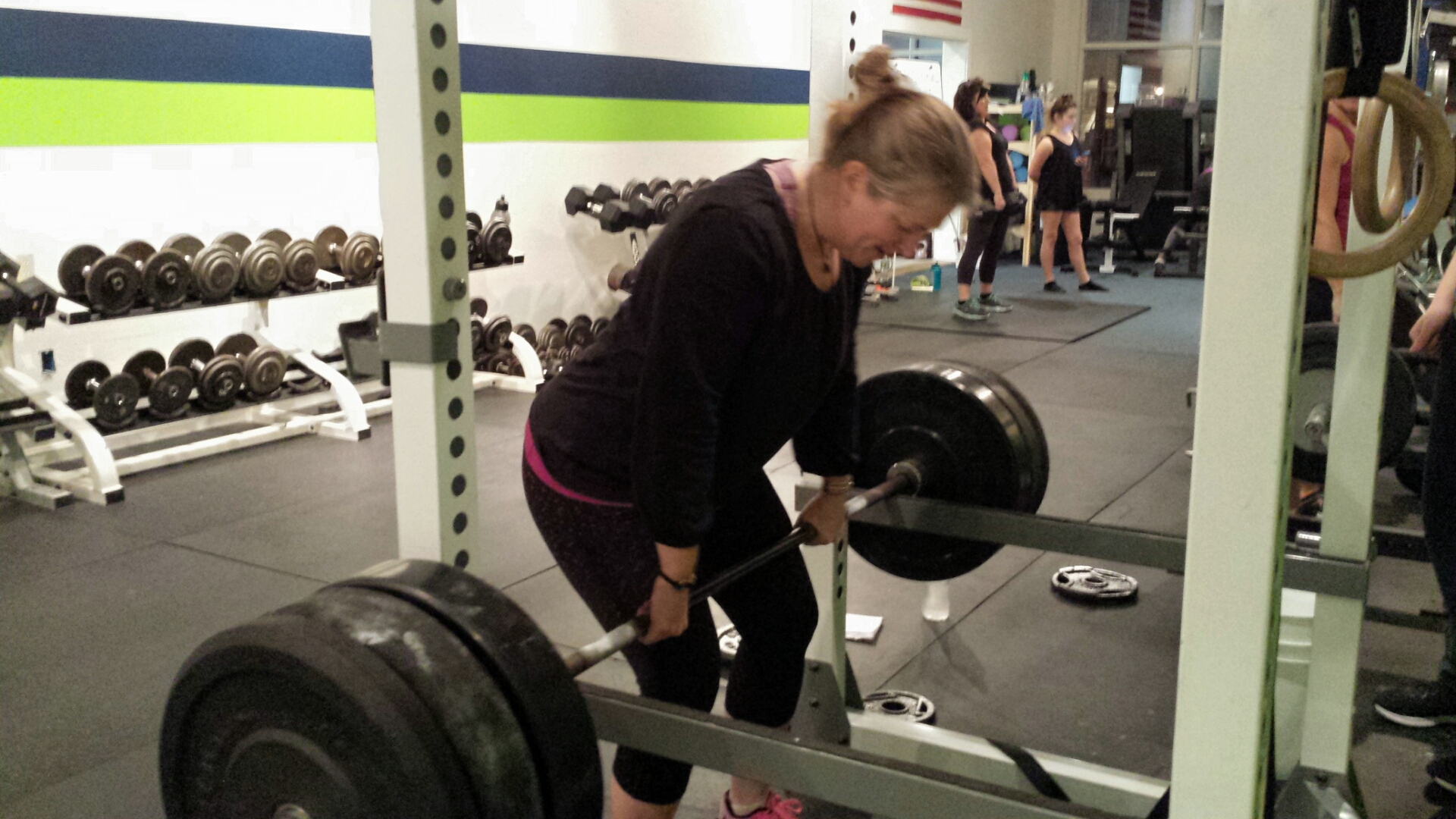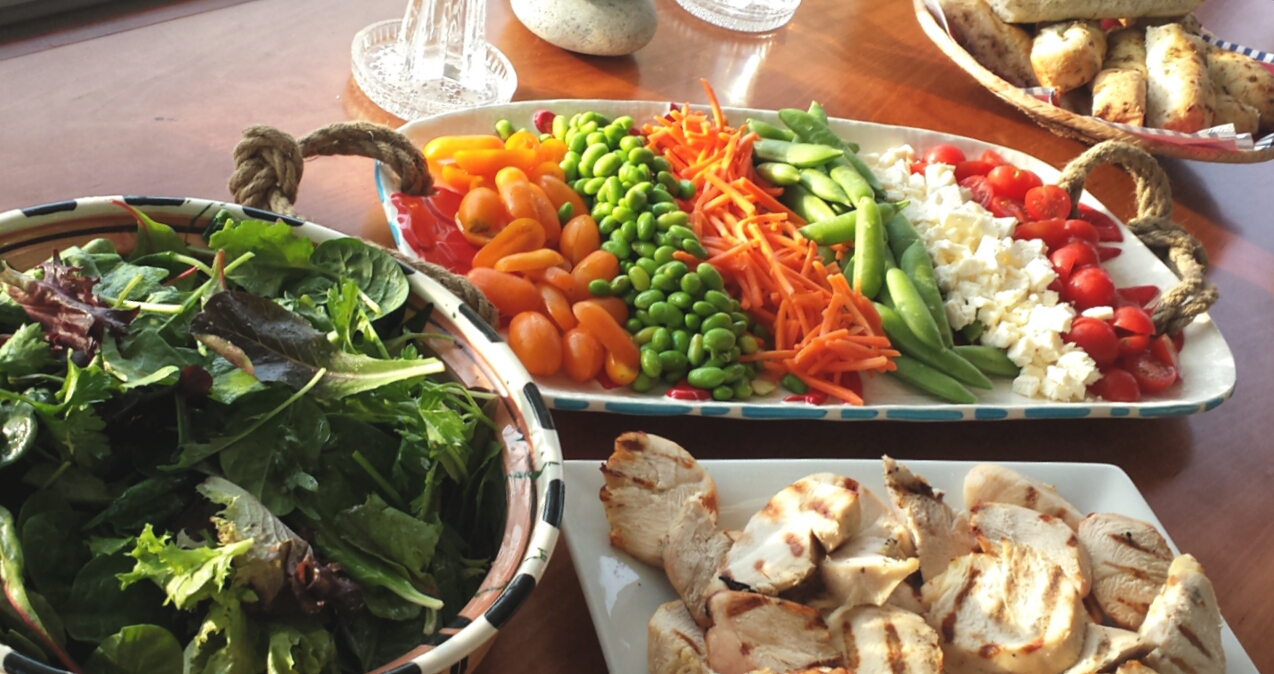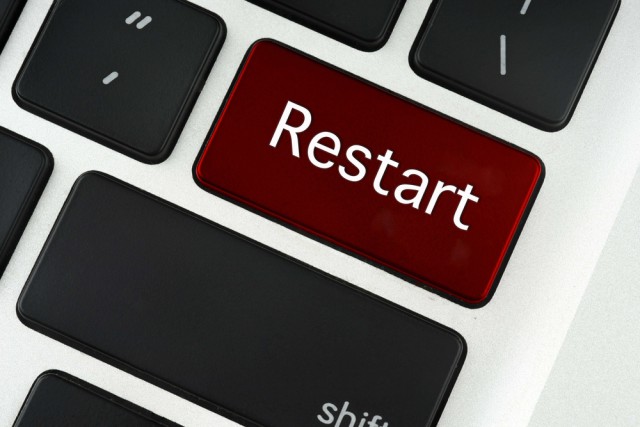Have you ever heard of the saying… “addition by subtraction”?
What that means is… by removing things from your life, you can actually add other good things in!
By subtracting, you MAKE ROOM for other opportunities!
This is probably one of the most effective changes you can make, right now, that will help you see results faster no matter what your goal.
The thing you need to remove may be so ingrained into your daily habits that it would seem almost impossible to remove.
For me… it is video games.
Each day, I probably spend 1-2 hours playing them.
I knew I had to remove it, at least temporarily. It takes away from my relationship with my girlfriend, and pulls me from my business.
Our current life is a product of the daily actions we take. And although I am happy with what I have and where I am, I am no where close to where I want to be.
So, I deleted every video game off of my computer.
When I hesitated to delete video games even after knowing that it would negatively affect my relationships and business… I knew then I had to cut it.
Do I want to play video games… OR have the relationship and business I want.
I’ll take the life I want.
You have a decision every day to move closer to the life you want.
What’s the thing that is holding you back.
Would you rather ____________ or have the life you want?
You know what you have to do 🙂
If you’re having a hard time with this, email me! I’d be happy to help you out.

